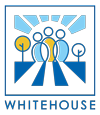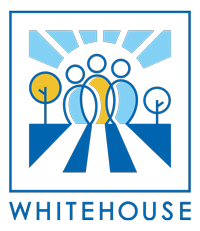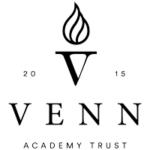Why do we teach RE at The Whitehouse?
At The Whitehouse, we believe that it is important for all our pupils to learn from and about religion, so that they can understand the world around them. The aim of Religious Education in our school is to engage pupils in enquiring into and exploring questions arising from the study of religion. Children and young people are growing up in a world where there is increasing awareness of the diversity of religious and other worldviews and the impact this diversity can have on individuals and society.
Learning about religion and worldviews contributes dynamically to children`s education by provoking challenging questions about meaning and purpose in life. At The Whitehouse we help children to question the purpose in life and acquire knowledge and understanding of the ways in which beliefs influence people in their behaviour, lifestyle, practices and outlook. We enable our pupils to become aware of their own beliefs and values and to have a positive attitude to the search for meaning and purpose in life. We encourage our pupils to develop a positive attitude towards other people who hold religious beliefs different from their own and respecting difference and diversity. We include and promote British Values, ensuring that children are aware of their rights and responsibilities as UK citizens. Our RE curriculum is designed to encourage creativity, imagination, enquiry, debate, discussion and independence.
What is the RE curriculum offer at The Whitehouse?
The Whitehouse follows the East Riding and Hull Agreed Syllabus for Religious Education in accordance with the East Riding’s ‘Standing Advisory Council of Religious Education’ (SACRE). The RE curriculum at The Whitehouse is organised to support the development of children’s knowledge of religious and non-religious beliefs and world views, practices and ways of life and enable children to make links between these. The RE curriculum at The Whitehouse is also designed to support positive attitudes and values, and encourage children to reflect and relate learning to their own experience. The RE offer provides weekly learning opportunities across the 6 key principal religions with a focus on three mutually supportive disciplines – Theology, Philosophy and Social Sciences.
There are no presumptions made as to the religious backgrounds and beliefs and values of the children and the staff. At The Whitehouse we value the religious background of all members of the school community and treat everyone with respect and sensitivity, seeing diversity within religion as a learning opportunity.
How are knowledge and skills acquired in RE?
The RE curriculum is a ‘progression model’ with a system of assessment points across the academic year which helps identify gaps in pupils’ learning. In the syllabus there are statutory End of Key Stage Expectations which describe the knowledge, skills and understanding expected of a pupil who has a secure understanding of what has been taught.
The knowledge and skills are developed through an engaging curriculum offer using a range of resources including interactive/sensory stimuli, digital and real-world experiences to increase pupils’ knowledge of religions and the elements in them. It provides our pupils with first-hand experiences, including visitors to school from faith communities, involvement in festivals visits and visits to religious buildings such as St. Nicholas Church. All weekly lessons provide a range of activities to give personal experiences, build a sense of self and enhance social and life skills which aims to help pupils to understand and appreciate their world and the diversity of cultures around them.
What enrichment opportunities do pupils receive in RE?
Enrichment opportunities are interweaved into each topic to enable pupils to learn from experiences and shared knowledge. Examples include visits to local faith communities, visits to religious buildings, celebrations of different faiths and religions throughout the year and the involvement on local festivals. The RE curriculum is responsive to pupils needs and is inclusive of pupils’ voice.



